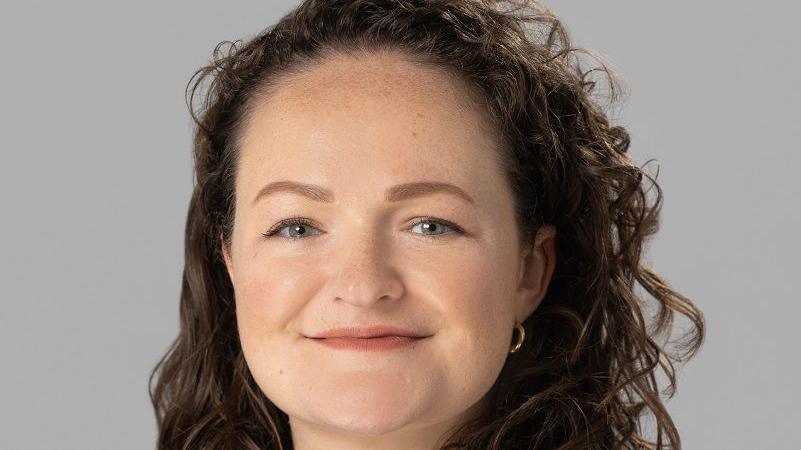'Life ahead' for families with Huntington's gene
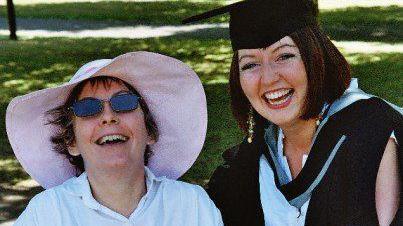
Kat Harbourne with her mother Jeanette, who had Huntington's disease
- Published
Relatives of those affected by Huntington's disease have said they now have hope for the future after the discovery of a treatment which could slow the disease by 75%.
The hereditary illness progressively kills brain cells, causing symptoms which resemble a mix of dementia, Parkinson's and motor neurone disease.
Mel Pearson, who lost her brother Nick to the disease in 2019, said his children now "have a life ahead of them" despite each having a 50% chance of inheriting the gene responsible.
"It's just astonishing, I'm still getting my head around it – I had to stop in the street and gasp when I saw the news," she said.
Ms Pearson, from Sheffield, chose to get tested for the faulty gene after losing her mother to the illness and, to her "amazement", found she did not carry it.
But her brother, who had not been tested and wanted to live "as if the Huntington's didn't exist", eventually developed symptoms and was diagnosed in 2010.
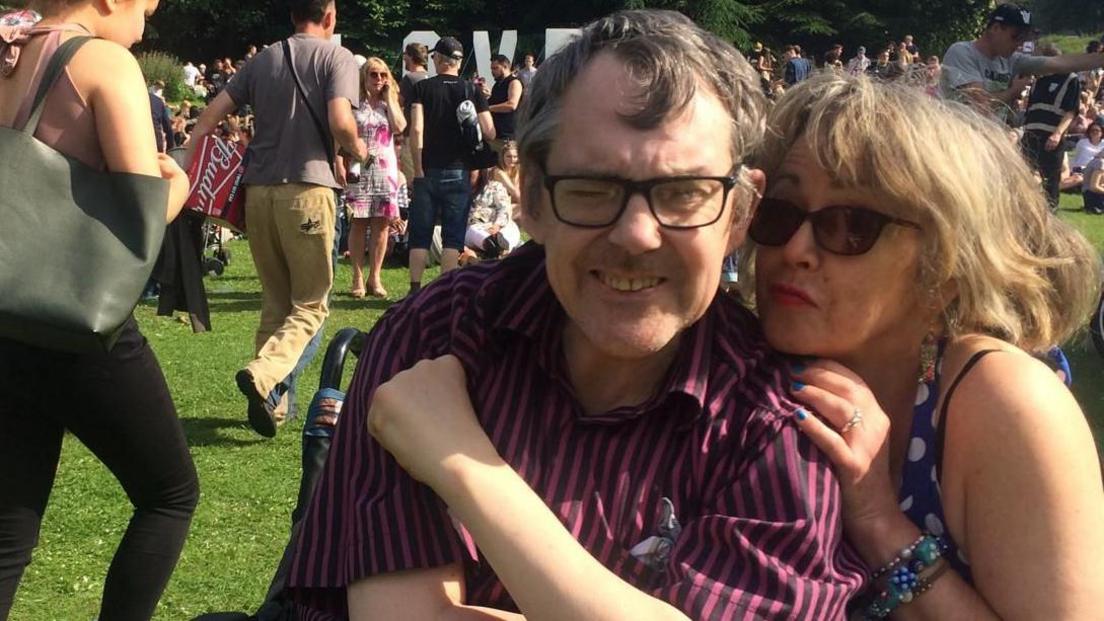
Ms Pearson pictured with her brother, Nick, at Peace in the Park 2018
She told BBC Radio Sheffield: "He started doing quite weird things, behaving slightly irrationally, the type of thing you could put down to going through a bit of a weird patch emotionally - but he just kept getting worse.
"Your speech gets slurred, so people thought he was drunk all the time. It actually got easier when he was in a wheelchair because people could see there was something wrong."
Ms Pearson, whose memoir about Huntington's was published in 2021, said getting the right support remained a "postcode lottery".
"It's one tiny step at a time, but this is absolutely huge news," she added.
Former BBC producer Kat Harbourne, who was 12 years old when her mother was diagnosed with Huntington's, said she was "very excited" about the new treatment.
She described Huntington's as a "long, messy, horrible illness", which her mother Jeanette suffered with for 13 years before passing away aged 54.
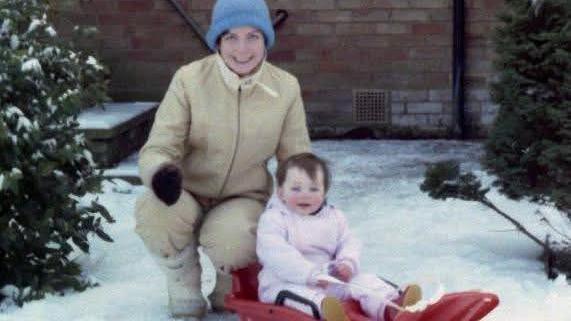
Ms Harbourne - pictured as a baby - was 24 when her mother, Jeanette, passed away
Ms Harbourne, who lives in Rotherham but grew up in Easingwold, has chosen not to find out if she carries the gene, and said it was "better to live in hope than in fear".
"I distinctly remember our dad saying, 'by the time you're old enough to get this disease, there will probably be a cure'," she said.
"Yesterday, after seeing the news, I texted a pregnant friend to say: "I'm going to live to see your baby grow up!'
"I'm going to have to start a pension, that's the other thing - I have not planned for this future," she added.
While concerns about the price and availability of the treatment do have to be answered, Ms Harbourne said it was best to "have the party now and worry about it afterwards".
She added: "You live under the shadow of this. It's amazing to feel a bit of it lift, just slightly."
Get in touch
Tell us which stories we should cover in Yorkshire
Listen to highlights from South Yorkshire on BBC Sounds, catch up with the latest episode of Look North
Related topics
- Published24 September
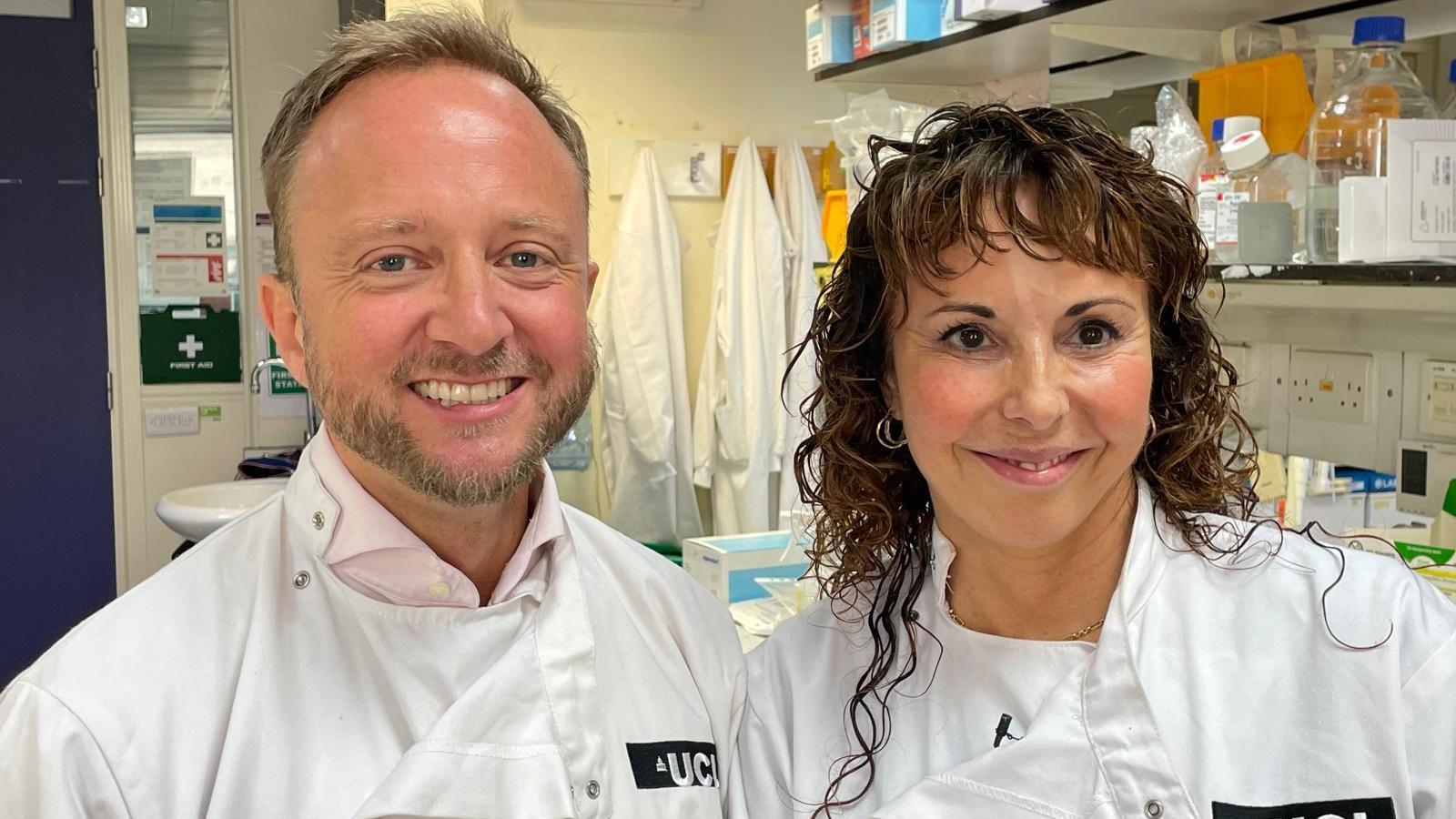
- Published25 September
